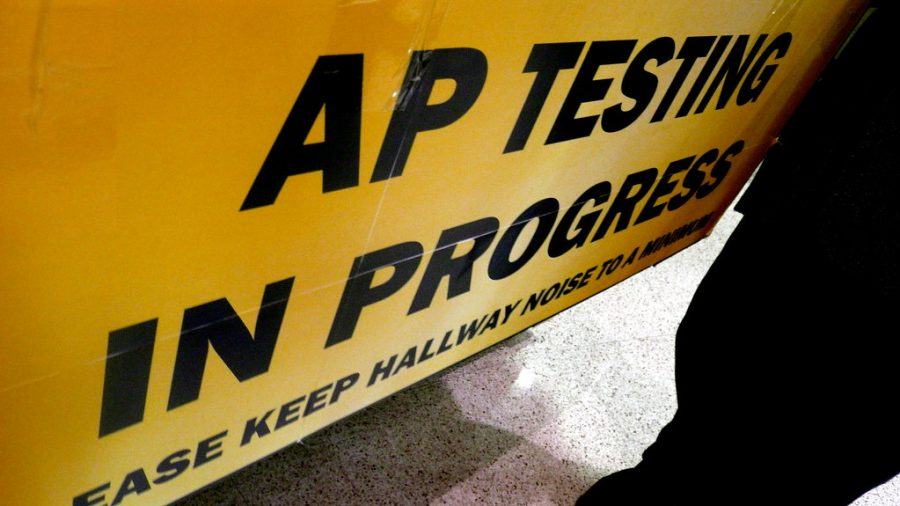The Inflated Cost of AP Exams
November 23, 2021
*The opinions expressed within the content are solely the author’s and do not reflect the opinions and beliefs of the website or its affiliates.*
Every May, millions of students worldwide take College Board’s Advanced Placement (AP) Exams. After almost nine months of preparation, students take the exam in hopes of passing this to receive college credit. If students do exceptionally well (scoring a 4 or 5 out of a 5), they can submit these scores to schools for credit and higher course placement. Though the prospect sounds highly appealing to students, the cost to take just one of these exams is ninety-six dollars. So, two questions need to be raised: what goes into the cost of AP Exams, and are they too expensive?
The Ford Foundation and the College Board created the AP program during the Cold War, their story beginning in the late 1950s. At this time, American policymakers began to fear that high schools were not adequately preparing students for college. US legislators believed that allowing high school students to take AP Exams would make the nation’s students more educated than the students in the USSR. The United States wanted to assert its global hegemony and believed that having thoroughly educated children was integral to showcasing the United States as a better nation than the USSR. Back then, however, exams were around ten dollars. Now, the price of an exam is over ten times its original price.
The College Board does offer fee reductions for eligible students; however, many argue that the fee reduction of 34 dollars per 96 dollar exam is not enough. Many students say that the College Board’s monopoly on these standardized exams, like SAT and AP exams, has inflated prices. The College Board website states that the cost per AP exam increased by $1 in 2021-22, and schools still retain a $9 rebate per exam.
“Exams are definitely expensive, I believe they shouldn’t be 120 dollars per exam because colleges only allow a certain amount of AP exam credit used for college credit,” Dylan Nguyen—a senior taking AP Statistics, AP Biology, AP Macroeconomics, AP Comparative Government, and AP Literature, said.
Most selective colleges only accept AP scores of 4 or 5’s for course credit. If we look at the AP Biology exam, only 32% of all test-takers scored a 4 or 5. On average, only around 35% of all AP exam test takers for any AP test achieve a 4 or 5. Therefore, students who paid exorbitant costs for exams but could not score a 4 or 5 cannot obtain college credit.
Though price gouging may seem like a compelling argument for why many students dislike AP Exams, the relative price of AP Exams compared to the price of college courses at an actual university make these exams highly demanded. According to USNews, the average yearly cost of college for the 21-22 academic year is $10,388, and the average price of one college class is $1,677. Thus, taking an AP course and passing the exam is much cheaper than taking the same course in college.
“AP Exams are expensive because a student is paying for college credit. It can be helpful to graduate early, get to accelerated classes, or save tuition,” sophomore Max Dreben said. “Instead of taking the same course in college, it’s easier to study and pass the AP Exam.”






Plucky • Oct 27, 2022 at 6:30 am
Have you considered the equivalent of $10 in 1955 to today’s dollars? I did a quick Google search and it gave me about $110. So $96 for the test is not more than what it was in 1955. In fact, the relative price of the exam has gone down. I understand that these tests are expensive. But as your article points out, college is even more expensive.